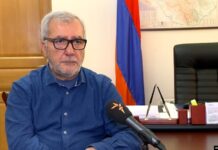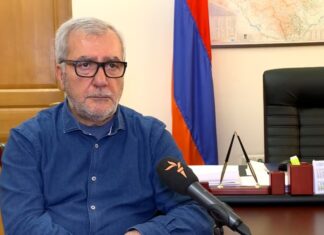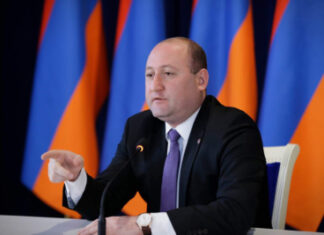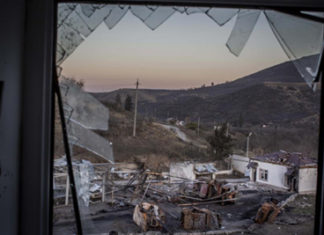It was too good to be true: Turkey had agreed to hold negotiations with Armenia to normalize relations, to open the borders and establish diplomatic relations without preconditions.
After all, it was Turkey which had closed its borders unilaterally in the 1990s and there was no reason whatever for it to reverse that decision, once again, unilaterally.
Ankara has had no interest in normalizing relations with Armenia and held those relations hostage to the settlement of the Karabakh conflict in Azerbaijan’s favor. Even after Baku “settled” that conflict through military aggression, Turkey failed to make a move until it received a nudge from President Joe Biden.
President Recep Tayyip Erdogan cannot afford to aggravate relations with the US any further, since the standoff between Washington and Ankara has been escalating over the issues of the S-400 missiles, acquired by Turkey from Russia, and the threat of war with another NATO member, Greece.
Therefore, Mr. Erdogan, to ingratiate himself to Washington, consented to launch negotiations with Armenia, though half-heartedly. Representatives were assigned — Ruben Rubinyan from Armenia and Serdar Kiliç from Turkey. Four sessions yielded minimal results, in terms of opening the borders to third-country citizens and resumption of air cargo transportation between the two countries.
It has to be noted that after the first three sessions, news releases were issued, always containing the statement that the negotiations were held on condition that there be no preconditions.









